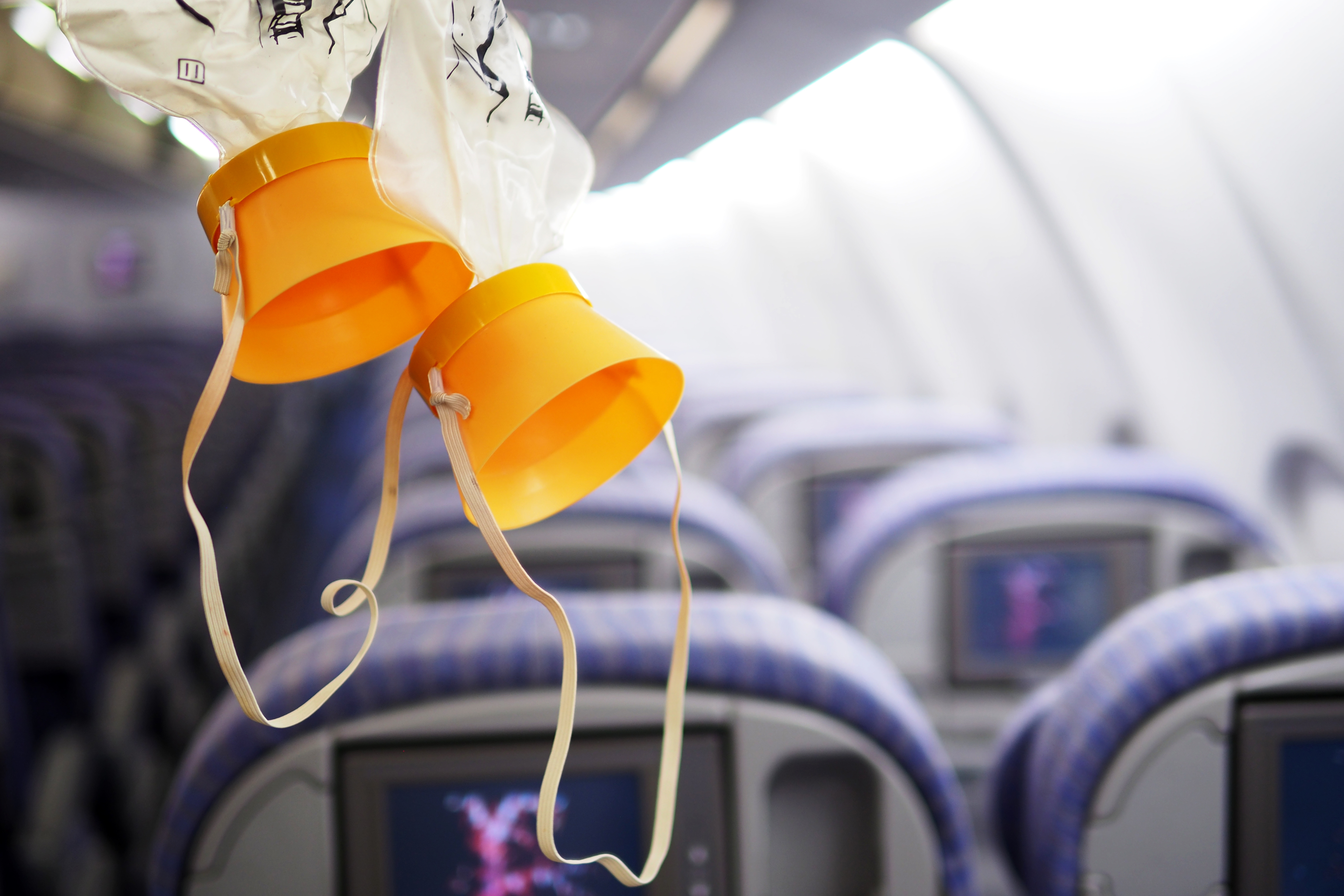As the summer of 2019 comes to an end and we wrap up all three of this year’s Campus Safety Conferences (CSC), I can’t help but once again be impressed with the dedication of our readers. There was much fun to be had at the CSCs, but at the same time, the quality of questions and interactions among attendees, presenters and sponsors was top notch and deadly serious. There is no doubt in my mind that most campus security, law enforcement and emergency management professionals put their hearts and souls into their jobs.
But such dedication can have its pitfalls. The enormity of the problems associated with protecting a school, college or healthcare facility can be overwhelming.
This point was driven home to me as I was preparing a presentation that I gave at an ASIS chapter meeting in Charlotte this August on campus security and trends. As I was putting together the statistics on gun violence, sexual assault, bullying, workplace violence, mental health issues, drug and alcohol use, homelessness, emergency preparedness, etc., doom and depression came over me. I only cover these issues from behind a computer screen, so I can only imagine the emotional toll they take on Campus Safety readers who deal with them first-hand.
I know you are dedicated to helping others, but who is helping you? And more importantly, are you helping yourself?
There is a reason why airplane flight attendants instruct you to put your own oxygen mask on before you help others. If you don’t take care of yourself, there is a good chance you won’t be able to help anyone else. You’ll probably burnout, and experience mental, emotional and physical health problems.
Earlier this month, Dr. Shoshanah Findling hosted a webinar with Campus Safety discussing the commonality of compassion fatigue among first responders and caregivers due to their repeated exposure to stressful events and trauma.
Dr. Findling provided extremely useful and powerful prevention and intervention strategies. You can view the archived webinar here.
So, what does self care look like? According to a lot of self-help experts, if you are doing the following things on a frequent and regular basis, there is a good chance you will stay mentally, emotionally and physically healthy:
- Get enough sleep
- Exercise
- Eat right
- Go to the doctor for checkups and when you aren’t feeling well
- Relax
- Have fun
For me, I need to remind myself that although I love my job and work very hard, I am not my job. I try as best I can to do the steps I’ve just listed. Additionally, my spirituality, family, friends, hobbies and dog help keep me grounded in the reality that I have a lot to be thankful for. They also remind me that the vast majority of people want to do the right thing, even if they don’t always succeed.
But this article isn’t about me. It’s about you. So dear Campus Safety readers, how are you taking care of yourselves? Your sanity, family, career, the people you protect and your health depend on you effectively balancing your job and your personal life.













